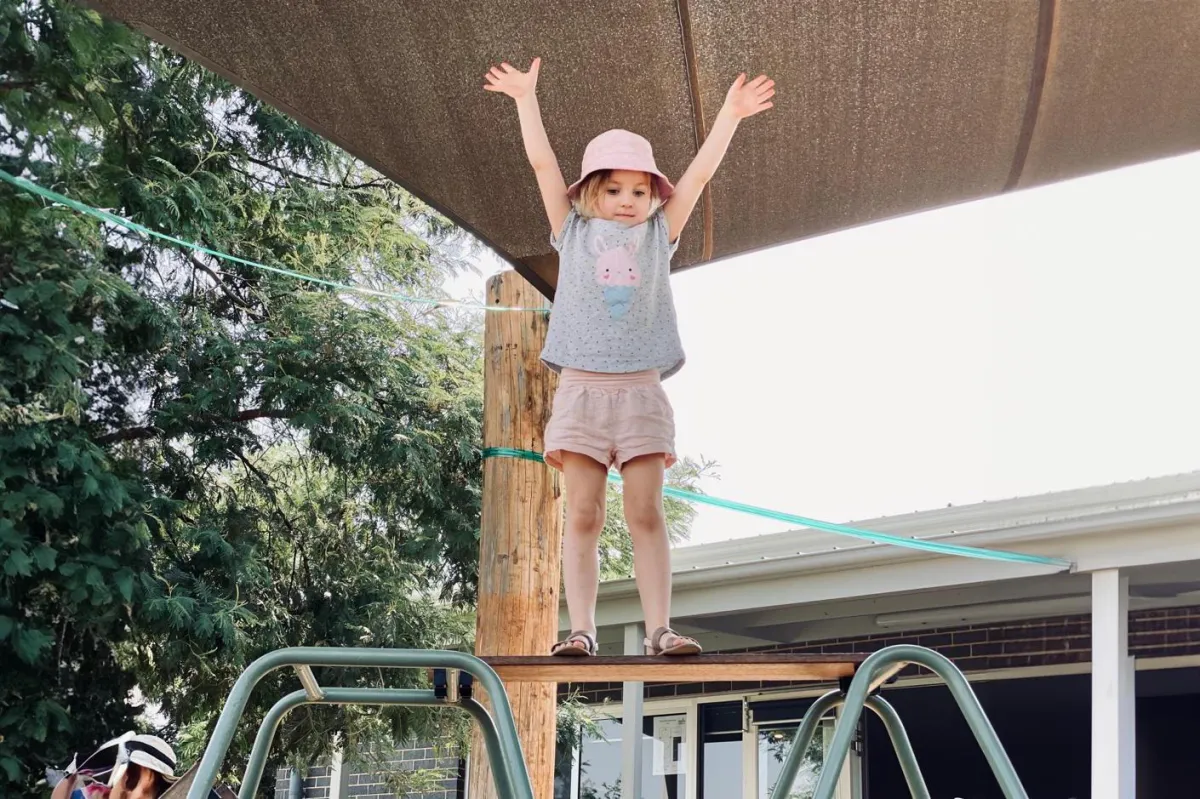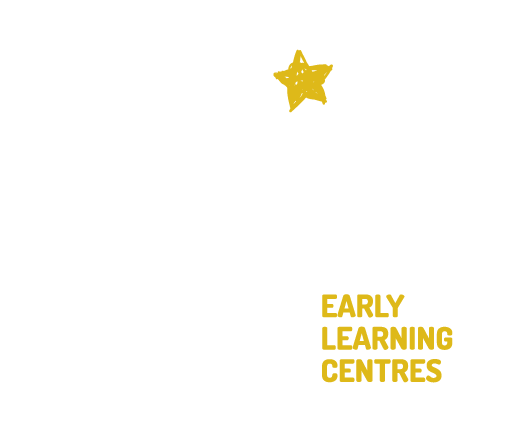Our Insights
Understanding Your Child Better
Our Insights
Understanding Your Child Better
Our Blog

The Benefits Of Risky Play In Early Years Education
THE SIX CATEGORIES OF RISKY PLAY ACCORDING TO ELLEN BEATE HANSEN SANDSETER:
Ellen Sandseter, who is a Norwegian Professor of Physical Education and Health within Early Childhood Research, has identified six categories of risks that seem to attract children everywhere in their daily play
GREAT HEIGHTS: Children climb trees and other structures to scary heights, from which they gain a birds-eye view of the world and the thrilling feeling of accomplishment!
RAPID SPEEDS: Children enjoy swinging on the playground swings; sliding down the slide and riding bikes and scooters at incredible pace, this produces the thrill of almost but not quite losing control.
DANGEROUS TOOLS: Depending on culture, religion and home life, children play with bows and arrows, farm machinery (where work and play combine), hammers and nails or other tools which could potentially be dangerous. Children also get great satisfaction in being trusted to handle such tools, but there is also thrill in controlling them, knowing that a mistake could hurt.
DANGEROUS ELEMENTS: Children love to play with fire, or in and around deep bodies of water, either of which poses some danger.
ROUGH AND TUMBLE: Children everywhere chase one another around and fight playfully, and they typically prefer being in the most vulnerable position—the one being chased or the one underneath in wrestling–the position that involves the most risk of being hurt and requires the most skill to overcome.
DISAPPEARING/GETTING LOST: Little children play hide and seek and experience the thrill of temporary, scary separation from their companions. Older ones venture off, on their own, away from adults, into territories that to them are new and filled with imagined dangers, including the danger of getting lost.
WHAT ARE SOME OF THE MAIN BENEFITS OF RISKY PLAY?
Risky play has so many benefits to your child’s learning and development!
It involves experimentation, moving past boundaries and exploring the unknow, all without knowing what the final outcome will be – thus discovering the limits of their own capabilities!
Risky play in early childhood can help develop a child’s self-confidence, resilience, executive functioning abilities and even risk-management skills. Studies have also shown that engaging in risky play also lessens the risk of injury.

RISKY PLAY HELPS TO DEVELOP IMPORTANT LIFE SKILLS SUCH AS:
Understanding consequences to their actions
Confidence and Independence
Problem solving
Wonder of the world around them
Curiosity
Building resilience and persistence
Coordination & Balance
Awareness of their own capabilities
Discovering the limitations of their own bodies
The ability to assess and make judgement about risk
Handling certain tools safely and with a purpose
RISKY PLAY & EMOTIONAL DEVELOPMENT:
Risky Play is natural part of play and partly responsible for children to further understand the world that surrounds them. It also allows them to experience importan emotions, such as:
Hesitation
Excitement
Fear
Pleasure
Mastery
HOW CAN PARENTS HELP SUPPORT THEIR CHILD IN RISKY PLAY?
Offering help when necessary.
Acknowledge the challenge and celebrate our child’s successes.
Use encouraging words of support to your child when challenging themselves in their environment.
Closely supervising and observing our children so that we are aware of their physical abilities and play choices.
Being physically close enough to step in at a moment’s notice if our children fall.
Using our own judgement to assess the “risk versus reward” of what our child is doing.
Being conscious of our own anxiety and trying not to transfer that to the child.
HOW RISKY PLAY IS IMPLEMENTED HERE AT INSPIRAKIDS:
Loose parts play – we provide our children with items such as plastic PVC pipes, milk crates, large wooden cable reels, ropes, pulleys, wooden boxes.
Cooking experiences where children are allowed to use sharp “child-friendly” knives to prepare foods.
Allowing children opportunity to climb, jump and challenge their unique individual physical skills.
Using climbing apparatus in non-traditional ways such as climbing up the slide or going down head first not feet first!
Kinder excursions where children and educators explore the wonderful resources which nature provides.
Supporting children to problem solve and make decisions.
LINKING THE EARLY YEARS FRAMEWORK:
Risky outdoor play covers all of the Outcomes in the Early Years Learning Framework!
Outcome 1 – Children develop their emerging autonomy, inter-dependence, resilience and sense of agency
Outcome 2 – Children become socially responsible and show respect for the environment
Outcome 3 – Children become strong in their social and emotional wellbeing
Outcome 4 – Children develop a range of skills and processes such as problem solving, inquiry, experimentation, hypothesising, researching and investigating
Outcome 5 – Children interact verbally and non-verbally with others for a range of purposes

#InspiraKidsEarlyLearning #Childcare #Reading #EYLF #Australia #Victoria #Melbourne #Shepparton #Kialla #Mooroopna #Kyabram #Nagambie #Murchison #GladstonePark #WestMeadows #Broadmeadows #Tullamarine #Glenroy #StrathmoreHeights #OakPark #Sydenham #TaylorsLakes #CalderPark #KeilerLodge #TaylorsHill #CarolineSprings


